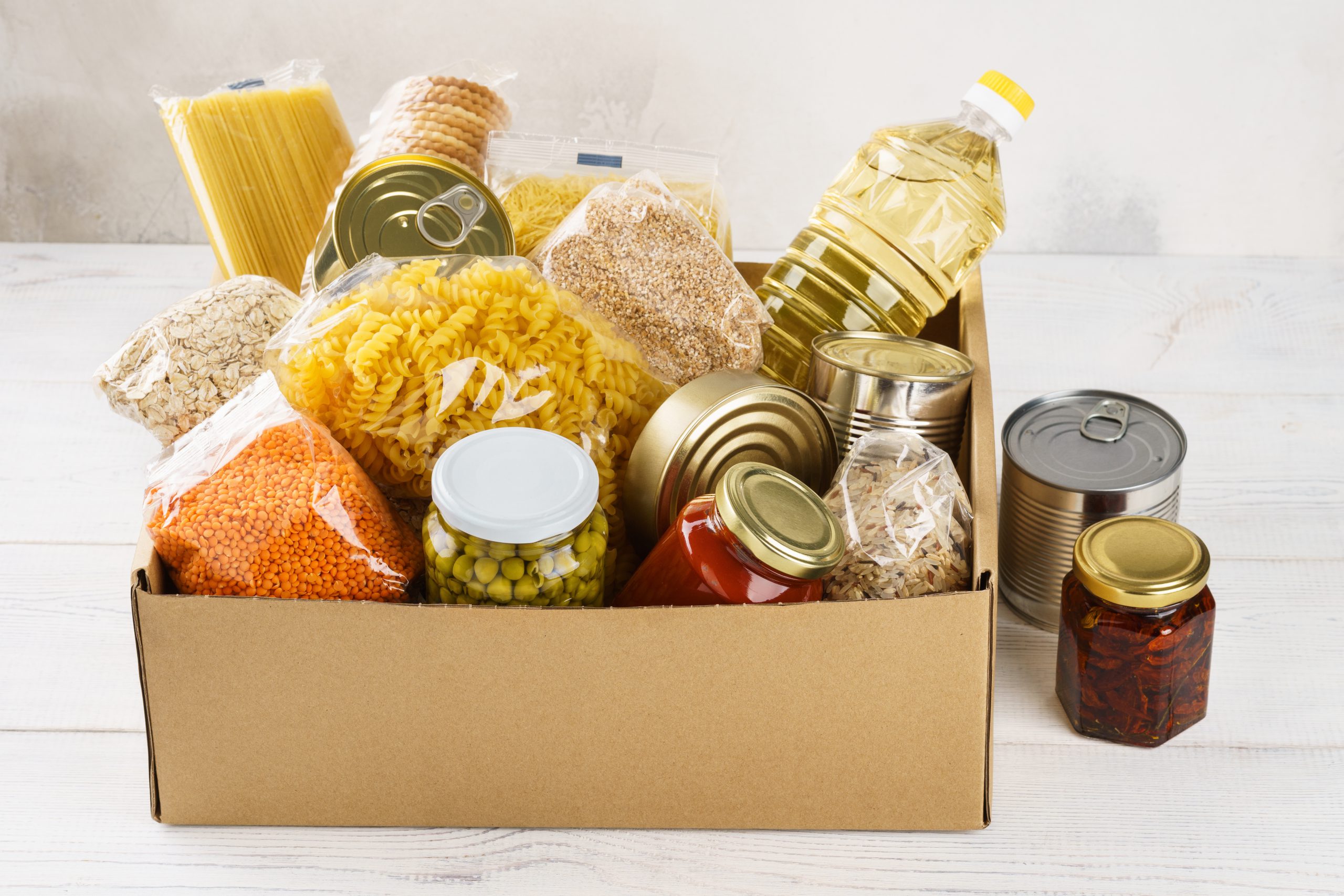Using mathematical science to maximise the distribution of surplus food to vulnerable people

KTN’s maths experts have turned their attention to the problem of how to get surplus food that charity FareShare receives from retailers and food manufacturers to communities that most need it, in the most efficient and effective way.
KTN, is part of the Virtual Forum for Knowledge Exchange in the Mathematical Sciences (V-KEMS) which also includes the Isaac Newton Institute, the International Centre for Mathematical Sciences and the Newton Gateway to Maths. The group has been working with FareShare, a UK charity dedicated to tackling food poverty, to better forecast demand for food products and optimise its distribution networks to meet that demand.
FareShare currently supplies surplus food to over 11,000 charities and community groups including homeless hostels, children’s breakfast clubs and domestic violence refuges. The Covid-19 lockdown saw a huge peak in demand for their services and understanding how demand could change as a result of long-tail Covid-19 impacts is vital.
Over thirty mathematical scientists were convened by KTN in a virtual study group to tackle two challenges – how to use mathematics to model the “best” distribution infrastructure and how to construct a predictive model of how demand on FareShare services might change over time.
Manufacturers and retailers face a choice over how to manage any surplus food: it can be sent for anaerobic digestion, sent to become animal feed or it can be sent to charities such as FareShare for redistribution. There are barriers to it reaching redistribution organisations including logistics, legalities and brand integrity.
The mathematical scientists used cutting edge operational research and optimisation with FareShare data to show how changes in its logistics network could reduce the effort of collecting and redistributing surplus.
For example, by moving the location of up to three distribution centres, FareShare could reduce the costs of food surplus transportation. As supply and demand evolve, these are important tools to design future planning.
Predicting where and when surplus might arise would also greatly help FareShare plan ahead. The group of mathematical scientists looked at how a framework for FareShare could be developed which interrogated multiple data sources such as yield, labour, weather and commodity prices for correlations in surplus sizes. The group set out a methodology demonstrating how data could be gathered from different sources and applied to everything from sprouts to sandwiches. By combining data sources, an alert system could be set up to allow FareShare to pre-empt surplus and respond accordingly.
Finally, the group looked at how FareShare might use predictive models to assess the impact of Covid-19 and where and by how much demand might increase. The group argued that factors such as people’s unwillingness to use food banks, their financial earnings and savings will change over time. As lockdown measures are eased along with government support like furloughing there is possibly going to be a fluctuation in demand for FareShare’s service: understanding how different factors influence demand is crucial in FareShare’s planning for the future.
The mathematical study group was the first step, showing FareShare how mathematical modelling could be brought to bear on its operations and how the models had the potential to provide it with insight for scenario planning.
The next few months will be critical for the charity as Covid-19 lockdown measures ease and as economic hardships potentially become more prevalent. By engaging with KTN, FareShare has identified how maths could help it plan for an uncertain future.

